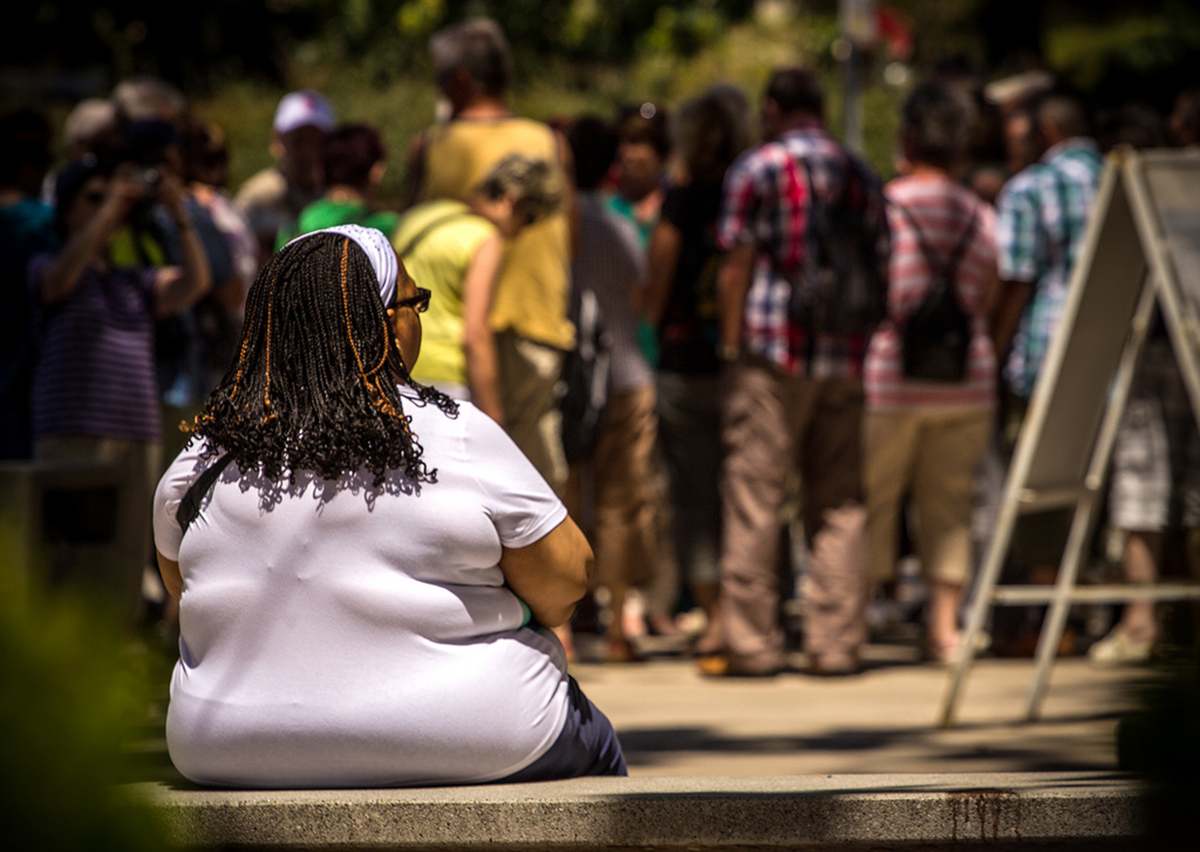Table of Contents
Physiological, behavioral, and emotional factors can work together in complicated ways to perpetrate the depression-obesity cycle. Binge eating increases the likelihood of a person becoming obese, and depression has been found to trigger compulsive eating episodes.

Negative moods drive many to seek comfort in food. "Comfort food" is usually rich in carbohydrates. Carbohydrates increase the level of serotonin in the brain. Serotonin is a neurotransmitter that has been proven to have mood-enhancing effects. So individuals actually experience a temporary high after binging on their comfort foods and become addicted to these. The next time they feel depressed, they reach out for these foods and eat them in abnormally large quantities. Unhealthy eating habits lead to obesity.
Obesity is the leading cause of a number of grave and potentially debilitating diseases like diabetes, hypertension, and cardiovascular illnesses. These diseases, if not managed, decrease the quality of life in patients. New research data show that being obese decreases the life expectancy by up to eight years and causes people to spend up to 20 years of their entire life being chronically sick. Not being able to lead a productive and fulfilling life can trigger depression in many individuals.
Depression And Obesity In Women
A positive relationship between obesity and depression exists irrespective of age and country of residence. However, this relationship seems to hold true more for women than for men.
It is also interesting to note that body image dissatisfaction (BID) plays a key role in the association between obesity and depression in case of women, according to a study carried out on a sample population of women aged between 40 and 65 years with varying levels of education. And it seems that mass media has a role to play in perpetrating a link between obesity and depression!
People today are bombarded with strong messages that link self-esteem and societal acceptance to thinness and youth. It is not surprising that aging women, middle-aged and upwards, feel increasing pressure to conform to these images of the ideal body. The women, at this stage of their lives, can no longer attain the skinny frames that they may have sported during their teenage years. The result is dissatisfaction with their bodies that ultimately gives way to depression. The same study demonstrated that in the US the Caucasian women are more vulnerable to the body image dissatisfaction than African-American women.
See Also: The Stigma Of Obesity: Does It Make Losing Weight Harder Or Easier?
The findings of the research studies that establish the positive relationship between depression and obesity emphasize that persons suffering from depression should receive psychiatric treatment immediately before their conditions trigger grave health problems. These studies also teach us that obese people are sometimes the victims of their minds.
- Gavin, A., Simon, G. & Ludman, E. (2010). The association between obesity, depression, and educational attainment in women: The mediating role of body image dissatisfaction. Journal of Psychosomatic Research 69(6). p.573-581
- Luppino, F. et al. (2010). Overweight, Obesity, and Depression: A Systematic Review and Meta-analysis of Longitudinal Studies. Archives of General Psychiatry 67(3). p.220-229
- Marshall, C., Lengyel, C. & Utioh, A. (2012). Body dissatisfaction among middle-aged and older women. Canadian Journal of Dietetic Practice and Research 73(2). p.e241-e247
- Nemiary, D. et al. (2012). The Relationship Between Obesity and Depression Among Adolescents. Psychiatric Annals 42(8). p.305-308
- Reeves, G., Postolache, T. & Snitker, S. (2008). Childhood Obesity and Depression: Connection between these Growing Problems in Growing Children. International Journal of Child Health and Human Development 1(2). p.103-114
- Schneider, K. et al. (2012). Depression, Obesity, Eating Behavior, and Physical Activity. Journal of Obesity 2012. Article ID 517358.Mind map by SteadyHealth.com
- Photo courtesy of Mlazarevski via Flickr: www.flickr.com/photos/mlazarevski/9052142413


Your thoughts on this